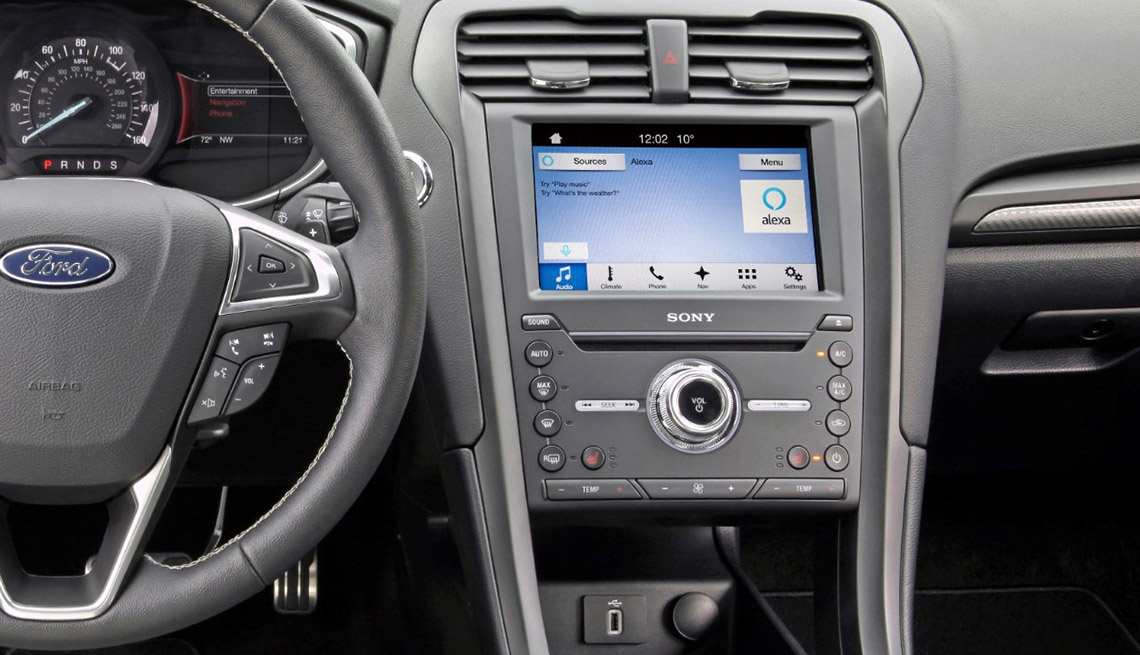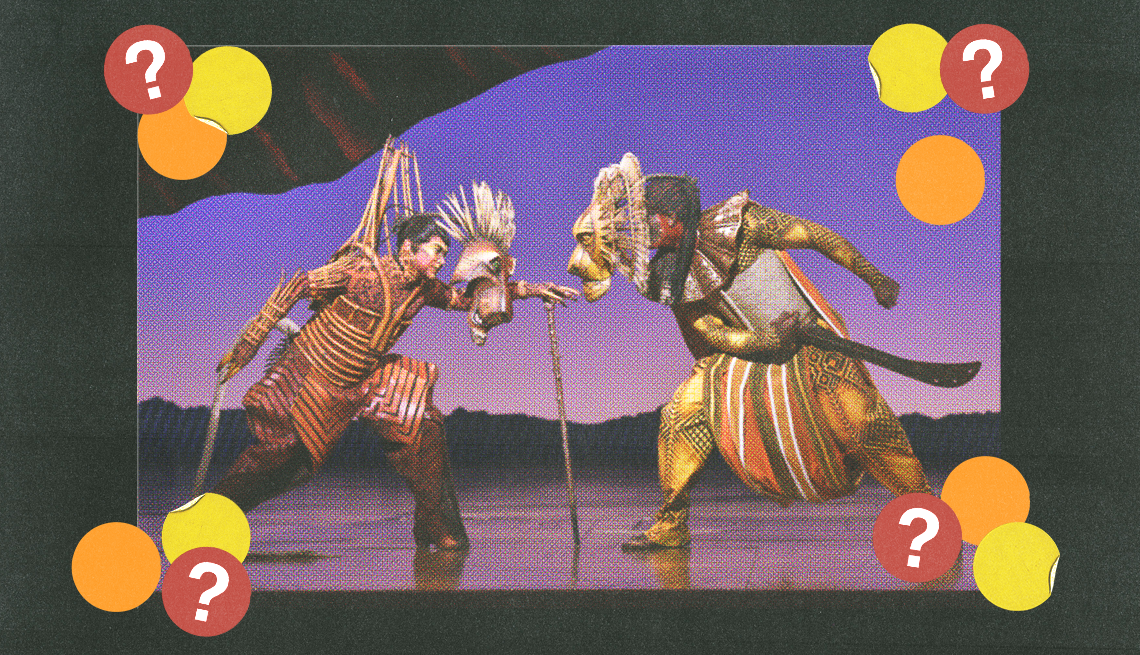
- Select a language for the TTS:
- UK English Female
- UK English Male
- US English Female
- US English Male
- Australian Female
- Australian Male
- Language selected: (auto detect) - EN
Play all audios:
In the June 1975 referendum on the UK’s membership of the European Community, I was part of the minority that voted to leave. I was 22, and felt strongly, if incoherently, that the UK could
never fit into “Europe”, because of our very different economic, legal and political traditions. But there was more than that for me. I was born in Singapore, and had spent the first 18
years of my life living in India, West Germany and the United States. I loved all of them, in their utterly different ways. But Britain was “home”, despite only visiting every year or two.
When we returned for good in 1970, I was an “Anywhere”, desperate to be a “Somewhere”. My appreciation of the relationship between Britain and Europe became more nuanced over the next few
decades, especially when, in the year after the referendum, I began working as an energy reporter. In those markets — first in oil, later in natural gas and electricity — I appreciated the
close trading links between nations. I also learned the importance of truly competitive markets in delivering value and growth to our economies. This was obvious in the oil market. When I
first started writing about it, oil was subject to OPEC’s monopoly pricing power. But OPEC’s hegemony was first weakened, then obliterated, by the independent oil market — largely based in
London, and discreetly supported by the British government. Free trade delivered the results the world needed. Subsequently, I became interested in the gas and power markets, generally
regarded as natural monopolies. Here again the UK led the way, privatising the state monopolies and encouraging competition. By the early 90s I was running my own price-reporting agency
that, as the British market took off, was accepted as the wholesale price index. Prices fell, as they generally do when competition bites, and our industries and power generators reaped the
benefits. The process was watched with horrified fascination by the monopolists across the Channel. I got to know the German, French, Belgian and Italian companies pretty well, and
appreciated their professionalism. I annoyed them, but many of their senior executives enjoyed arguing with both me and my reporters. They, and the European Commission, successfully resisted
attempts to export the British competition virus to their markets for a decade or so. But eventually the howls of pain from their customers, who in many cases were paying twice as much as
their British competitors, forced them to give ground. Also — and this was something that gave me pause as I considered my vote in the 2016 referendum — British civil servants began to win
the free market arguments in Brussels. The regulators of Ofgem found they had a slew of new regulatory colleagues across the continent. As a result, the EU now has fairly open regulated
markets in gas and power, and the structure of those industries has been radically changed in most member states. But Brussels’s political instincts remain as protectionist and dirigiste as
ever. Back in 2014, the Commission set about inflicting its draconian new financial market regulations on the physical commodity markets, including the quintessentially global markets in
oil. Having sold my price-reporting agency in 2008, I was asked by former competitors and some commodity traders to front a response. The danger as we saw it was eventually avoided, because
some of the economic grown-ups — the Netherlands, Germany and the UK — understood the issue. But the year or so of dealing with other EU members showed in some cases (the French and Italians
come to mind) an almost Soviet view of markets. This attitude has not changed. As we leave the EU — and the Single Energy Market, as Brussels now likes to call it — I hope that common sense
will prevail, and that our intimate and mutually beneficial trading links will endure. But if necessary, Britain, which pioneered the industrial revolution, global trade and competitive
markets, will do very well on its own. The Burkean Club, inspired as its name suggests by Edmund Burke, is a genial gathering of east Kent small-c conservatives. When we first got together a
couple of years ago, we were fairly disgruntled at Theresa May’s mess. Tonight, feeling altogether more gruntled, we will gather at a pub near Canterbury to raise a glass of Kentish
sparkling wine to our country’s regained liberty. And this former citizen of Anywhere will feel he has at last reached Somewhere.







